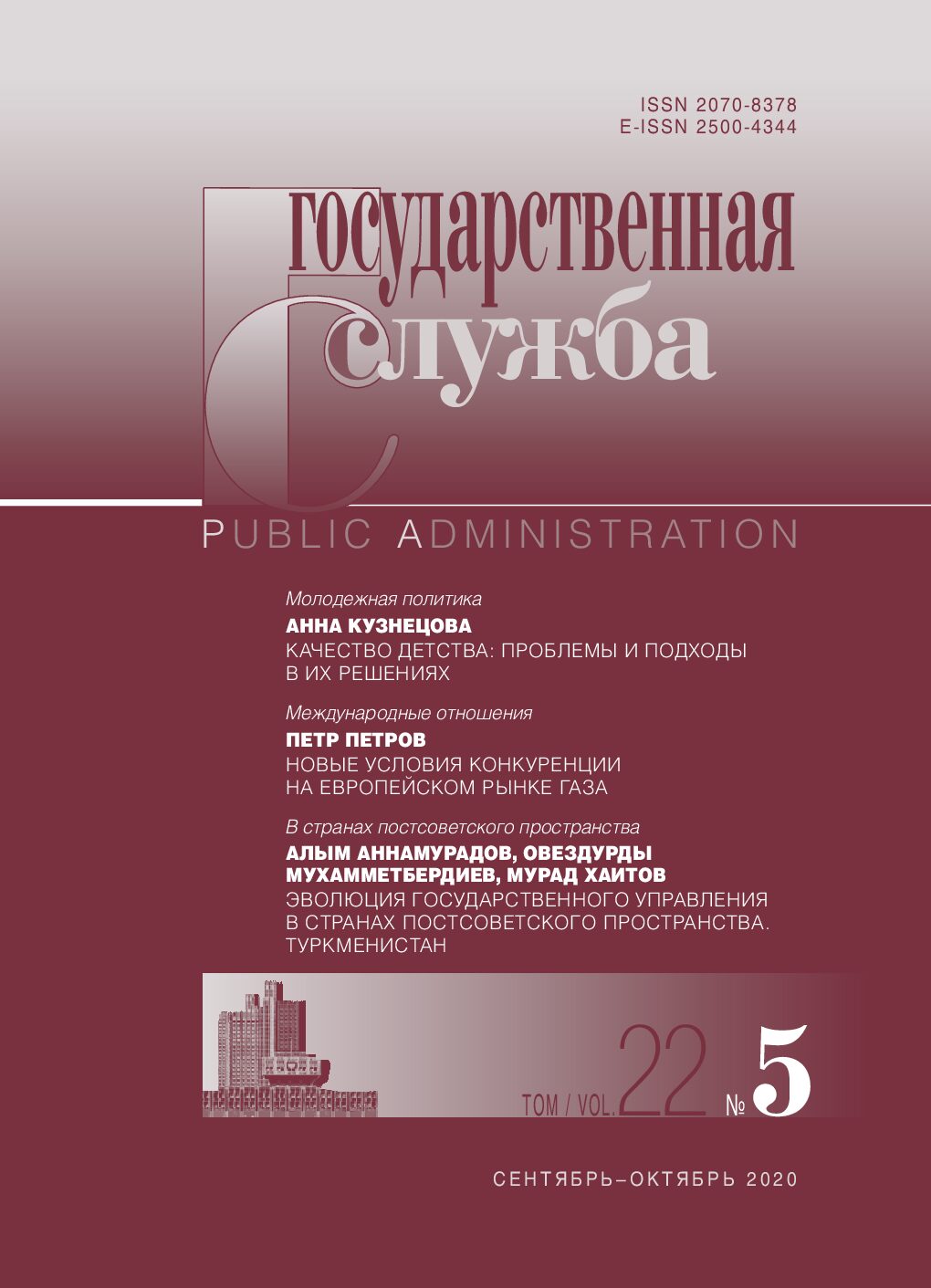Recommended link to article:
NATALIYA V. ZAITSEVAа
аJSC «Power Machines»
DOI: 10.22394/2070-8378-2020-22-5-32-40
Abstract:
The article is devoted to the research of the criterion of rationality, its content and interpretation at the international level and in national systems. The author analyzes the role of rationality in the system of antitrust regulation and its impact on the acceptability of transactions that affect competition. The article outlines the criteria of a reasonable approach to permissible actions restricting competition in the conditions of Russian law, as well as the peculiarity of regulating conditions restricting trade in common law countries. Two basic models for the interpretation of rationality are based on assessment of the form and content of the principle. The qualification of rationality is based on existing precedents that gave legal interpretation to this term. A reasonable approach to determining the admissibility of actions that restrict competition is possible for a certain list of actions in the presence of mandatory criteria – no harm (at the moment) and the presence of a positive general economic effect. The author considers the issues of changing the legal content of reasonableness depending on the type of restrictions. There are three approaches to the definition of rationality – utilitarian, pragmatic and formalist, which are used to varying degrees in certain industries, but it is possible to distinguish the use as the main utilitarian approach in tort obligations and some obligations of the administrative order, a pragmatic approach in contractual relations and a formalist approach in a public relationship. The author considers the issues of changing the legal content of rationality, depending on the type of restrictions.
Keywords:
reasonableness, economic feasibility, admissibility of actions restricting competition, restriction of trade, per se approach in antitrust law
Received:
June 26, 2020
References:
Belykh V.S. Dogovornoe pravo Anglii. Sravnitel’no-pravovoe issledovanie. Monografija [Contract law of England. Comparative legal research. Monograph]. M.: Prospekt, 2019. 256 p. In Russian
Egorova M.A. Abuse of a dominant position as a special case of abuse of rights. Lex Russica. 2018. № 4 (137). P. 70–80. In Russian
Kerr O.S. An equilibrium adjustment theory of the Fourth Amendment. Harv. L. Rev. 2011. Vol. 125. P. 478–543. In English
Kozlova M.Yu. The principle of legal certainty (on the example of antimonopoly legislation). Vestnik Volgogradskogo gosudarstvennogo universiteta. Series 5: Jurisprudence. 2011. № 2 (15). P. 108–112. In Russian
Miller A.D., Perry R. The reasonable person. New York University Law Review. 2012. Vol. 87. P. 323–392. In English
Orbach B.Y. The antitrust consumer welfare paradox. Journal of Competition Law & Economics. 2011. Vol. 7. Issue 1. P. 133–164. In English
Presnyakov M.V. Discretionary powers and legal certainty. Vlast’. 2013. № 5. P. 163–166. In Russian
Roberts F.Y. Disclosure duties in real estate sales and attempts to reallocate risk. Conn. L. Rev. 2001. Vol. 34. In English
Salmon J.J.-A. Le fait dans l’application du droit international. Collected Courses of the Hague Academy of International Law. 1982. Vol. 175. In French
Sourgens F.G. Reason and reasonableness: the necessary diversity of the Common law. 2014. Maine Law Review. Vol. 67. № 1. P. 73–130. In English
Summers R.S. Pragmatic instrumentalism in Twentieth century American legal thought – a synthesis and critique of our dominant general theory about law and its use. Cornell Law Review. 1981. Vol. 66. P. 861– 948. In English
Zelenski N., Larionova A.A., Khramogina D.N. Antimonopoly regulation: problems and main directions of its improvement in the Russian Federation. Problemy sovremennoi nauki i obrazovaniya. 2015. № 9 (39). P. 112–115. In Russian
Articles in Open Access mode are published under the Creative Commons Attribution 4.0 International (CC BY) license.

